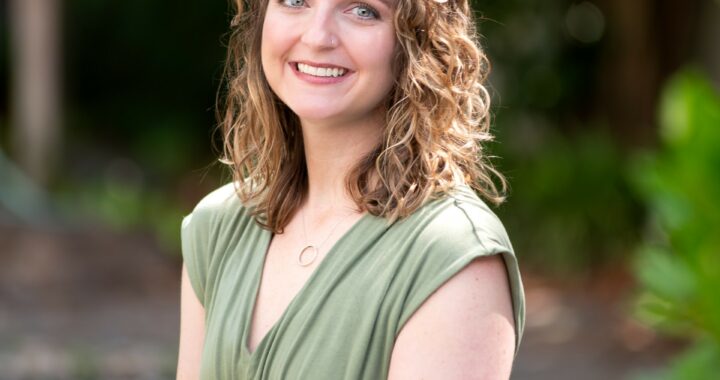Professor Journeys for Gender Research
3 min readANNA VEGA
University of Mary Washington professor Christopher Kilmartin enjoyed the end of his lectures in Austria, as it signaled a rather unique reaction from his foreign students.
“One of the most charming things in Austria is that the students knock on the table at the end of lecture,” Kilmartin said. “It’s academic applause.”
Kilmartin, a professor of psychology at UMW, recently spent a semester teaching at the University of Klagenfurt in Klagenfurt, Austria, as the recipient of a Fulbright scholarship.
Kilmartin received the Fulbright position of Distinguished Chair to Klagenfurt from the Fulbright Program, a highly competitive scholarship organization whose chief goal is to promote cultural exchange. He taught at Klagenfurt during the spring semester, from Feb. 2007 to June 2007.
Kilmartin applied for the Austrian assignment in Aug. 2005 in hopes of getting the opportunity to navigate a different culture. In January 2006, he received an email informing him that he had been accepted into the program.
Kilmartin had to reread the email many times before he realized that he was not simply under consideration for the position, but that it was actually being offered to him.
“I read it a second time and it was like, no,” Kilmartin said. “Then I realized I got it, it’s mine! I was very excited.”
According to the Institute of International Education, 2,770 people applied to the Fulbright Program in 2005. Kilmartin was one of only 557 applicants that were accepted. He had never before applied to the program and was very excited to have gotten in on his first try. He was immediately assigned to Austria in the position of Distinguished Chair in Gender Studies.
The Fulbright Program made sure to prepare its scholars for their experiences in Europe. Before traveling to their respective universities, all of the scholars stationed in Austria met in Vienna for a two-day orientation that taught them about living in the foreign country. They learned about their new students and daily life information, like how to set up an Austrian bank account. They also learned about Austrian government, culture and history.
Kilmartin’s experience teaching Austrian students was a pleasant one. All of his students had good English skills, so he was able to avoid teaching in German, despite 16 months of German lessons.
According to Kilmartin, the students in Klagenfurt were fairly laid-back and not nearly as grade-conscious as his American students. Austrian students were also not accustomed to discussions in class. Kilmartin says that they were used to being lectured and not asked for their opinions.
“My teaching techniques are more conversational, like those of a storyteller,” Kilmartin said. “[The students] were surprised at my style of teaching, which they hadn’t been exposed to before.”
Kilmartin maintained contact with the Fulbright Program throughout his entire stay in Austria. In May, about midway through the program, he and the other scholars attended the American Studies Conference. When the program concluded, the scholars reunited once more for a going away party to celebrate their time in Austria.
Kilmartin really connected with his fellow program participants.
“I’m still in contact with several of the other scholars,” Kilmartin said. “We were a temporary community for awhile. I will really miss a lot of them.”
Kilmartin did not spend all of his time in Austria teaching, however. As his classes met only once a week for 90 minutes, he only spent four and a half hours a week in the classroom, covering his three classes.
His activities outside the classroom included traveling, guest lecturing and writing. His trips took him to Venice, Vienna, Salzburg, Prague, Budapest, Amsterdam and Germany among other places. He often served as a guest lecturer during many of his travels and found time to write an article on police sensitivity to traumatized sexual assault victims. The article was translated into German and published in an overseas magazine.
Though his intellectual pursuits were fun, his everyday experiences with the Austrian people were even more enjoyable for Kilmartin.
“I loved seeing the sights of Central Europe,” Kilmartin said. “What I valued even more than that though were the human moments.”
Kilmartin also particularly enjoyed that his time in Austria was spent at a slower pace than in America.
“Everyone should get to do that,” Kilmartin said. “Just take a year off, explore, relax and think.”


